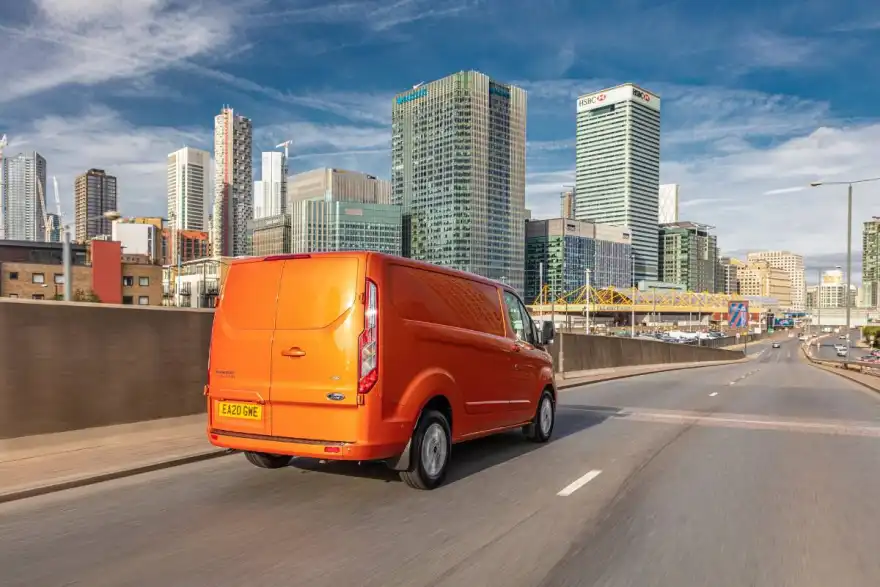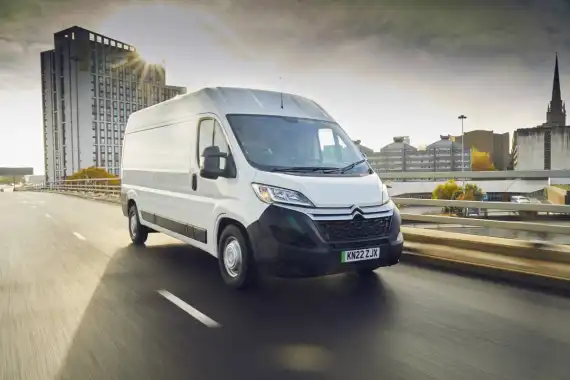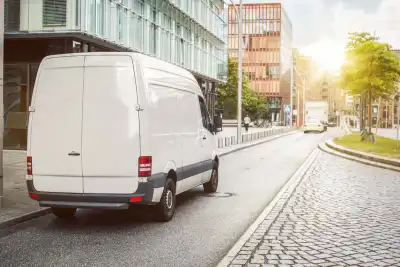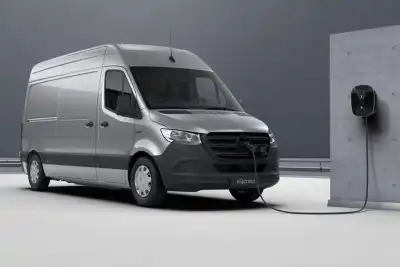
During the Covid lockdown, on-line shopping and sales went through the roof and, that in turn, led to an influx in van sales to meet customer demand.
And the popularity of home shopping is still just as prevalent. The fact that the Ford Transit was the best-selling vehicle in the UK last year is testament to that.
But when it comes to buying a van there are all manner of factors to influence your decision. Obviously, cost will be a major aspect, accessibility another. After all, if you are working in tight spaces with restricted movement there is little point having a vehicle that won’t fit.
Looking at distances is another area to consider. If lots of motorway driving is likely then an electric van with a larger battery and increased range will be necessary. If its lots of stop/start city driving, a lesser-powered battery will be just fine and you will be able to make the most of regenerative braking to top up the miles.

But possibly the largest consideration must be given to payload – how much weight the van can legally transport. If you underestimate the amount of load you will be carrying it can put a huge strain on the vehicle’s mechanics as well as posing a dangerous threat to yourself and other road users. And it could lead to hefty legal fees too with both the employer and driver liable for prosecution.
So, as we say it’s an area that really needs careful research.
Thankfully, unlike some vehicle calculations that leave you hopelessly confused, working out the payload is relatively straightforward. You basically need two figures – the Gross Vehicle Weight Rating (GVWR) and the kerb weight. These figures are generally found within the vehicle’s manual or, alternatively, you can speak to a dealership or simply go online. If you are still flummoxed, look inside the vehicle itself as there is often a sticker with the relevant data along with recommended tyre pressures.
Once you have the figures, you simply subtract the kerb weight from the GVWR and the figure you are left with is the payload limit.
So, for example, if you have a vehicle with a GVWR of 1.8 tonnes and a kerbweight of 1.2 tonnes, the payload limit would be 0.6 tonnes or 600kg in new money. Or if you had a larger van with a GVWR of 3.0 tonnes and a kerbweight of 2.2 tonnes, the payload limit would be 0.8 tonnes.
These simple mathematical calculations have been straightforward enough until the electrification era and that’s because electric vehicles weigh more than their diesel or petrol counterparts. This left owners worried they would be penalised for switching to electric as the payload limit would be lower.
While this is not so noticeable on smaller vans, the difference certainly becomes more apparent on any van weighing over 3.5 tonnes due to the weight of the battery pack. The larger the vehicle, the bigger the battery pack needed to shift it.
This in turn brings us to a new issue. The extra weight of electric vans has often taken them above 3.5 tonnes and that means they get classed as HGVs and drivers need additional training in order to get behind the wheel.
However, the Government listened to fleet concerns and after much lobbying, the threshold for electric vans was increased to 4,250kg while still allowing them to be driven on a standard category B driving licence. And, in addition, it means that the payload on these heavier electric vans may be equal or even superior to that on a diesel van with a maximum weight limit of 3.5 tonnes.
So hopefully we have explained the complications surrounding payloads. It was very simple until EVs came along, but at least the Government has moved with the times, listened to feedback and evened out the boundaries a little.




